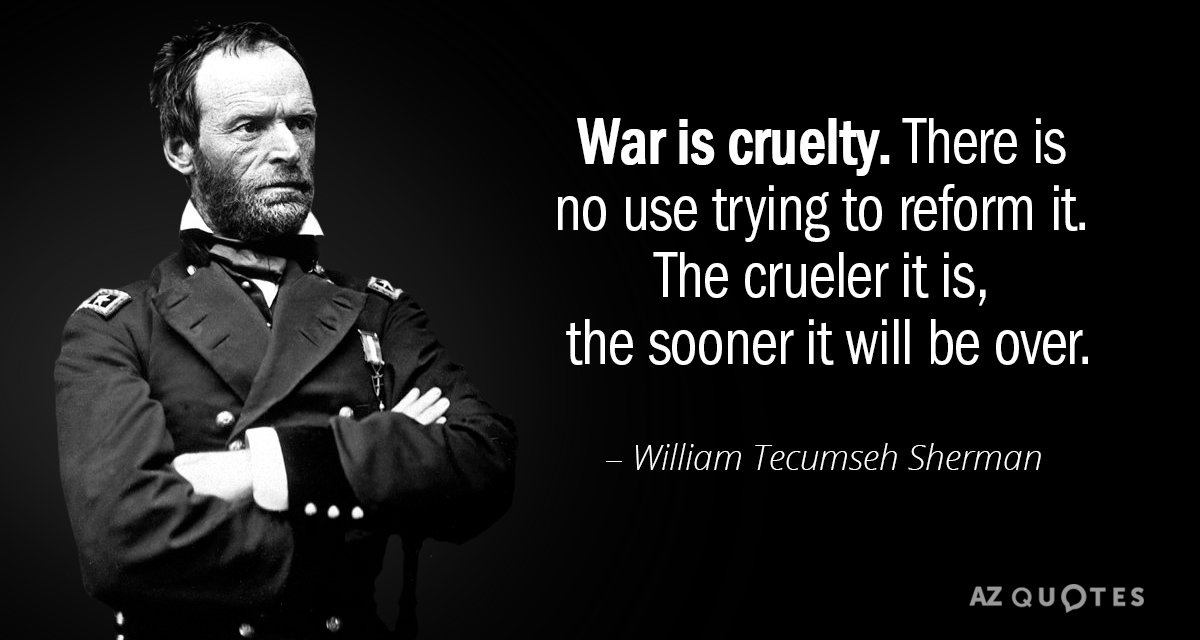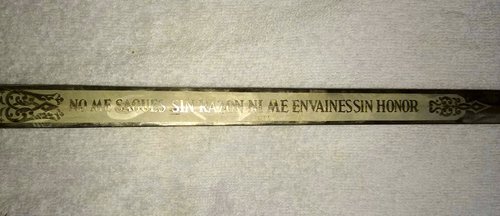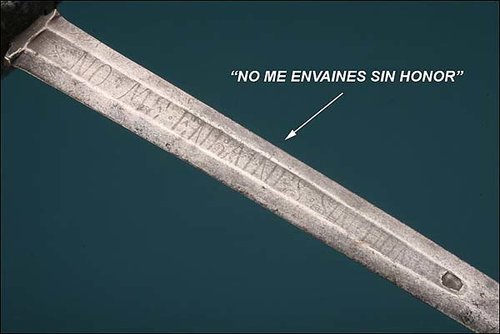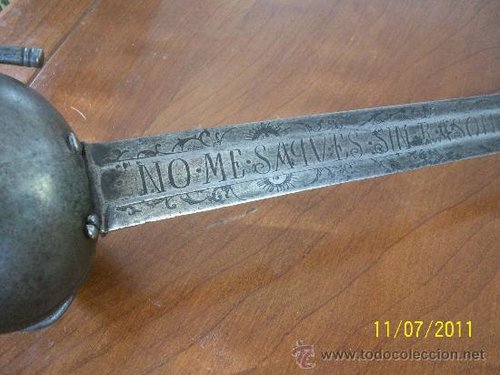mmm. i'm no lawyer, your definition of preventative sounds a lot like carte blanche to attack anyone, because one of them might become the father of Hitler.......I plead not seeing the thread until it got resurrected. And I like understatement a wee bit.@apparition13 I think you failed the interview for our launch controller vacancy....'a bit late.....'
I speak english as my first language, I can even if I squint not see much difference between your definitions.
Anything happening before they attacked, is in my book pre-emptive, preventative appears to have pretty much the same meaning, i.e. act before. Tomato/tomato....
Try this. You're out in the woods, and you see a bear. It charges you. Fortunately your rifle is at the ready, and you shoot it. You have preempted the bear's attack. If it falls dead or wounded, or runs away, you've also prevented the attack. If it keeps coming and eats your face, you've still preempted the attack, but you haven't prevented it.
You're out in the woods, you see a bear half a mile away on top of a hill. It looks in your direction. You think it might be considering earing your face, so you shoot it. It drops dead. congratulations, you have prevented it from attacking you, whether it would have or not, but you didn't preempt it because it didn't try to attack you.
Preemptive war is acting in self defense. You see an attack about to happen, so you preempt it with your own attack in order to forestall the attack on you.
Preventive war is when you see a potential threat, so you attack it in order to prevent it from becoming an actual threat. The threat may or may not emerge, an attack may or may not come if it does emerge. This is problem because unlike seeing a bear charging at you, the situation is uncertain.
You cant shoot all the bears in the woods, because one of them might become a man-eater. And of course unintended consequences, you can only shoot the bears you can see, so the really clever, sneaky bears are the only ones to reproduce, so now you get eaten by a bear you never even saw.
If we now decided to go and bomb everyone's nuclear reactors, pretty sure they are going to gang up and bomb us.
Your preventative situation, would really need diplomacy, sanctions etc.




